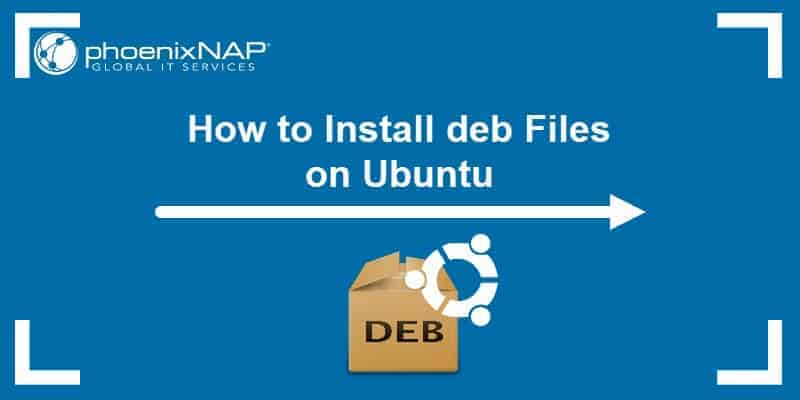

NOTE: If you have enabled other another arch (typically, i386 to run some older software) and apt complains about not being able to find /binary-i386: "Unable to find expected entry 'pve/binary-i386/Packages'" you need to remove other arch or use instead the row:ĭeb stretch pve-no-subscription Update your repository and system by running: Wget -O /etc/apt//proxmox-ve-release-5.x.gpgĬhmod +r /etc/apt//proxmox-ve-release-5.x.gpg # optional, if you have a changed default umask

Install Proxmox VE Adapt your sources.listĮcho "deb stretch pve-no-subscription" > /etc/apt//pve-install-repo.list You can test if your setup is ok using the hostname command:ġ92.168.15.77 # should return here your IP address # The following lines are desirable for IPv6 capable hosts Note: Make sure that no IPv6 address for your hostname is specified in /etc/hostsįor instance if your IP address is 192.168.15.77, and your hostname prox4m1, then your /etc/hosts file should look like:ġ27.0.0.1 localhost.localdomain localhostġ92.168.15.77 prox4m1


Please make sure that your hostname is resolvable via /etc/hosts, i.e you need an entry in /etc/hosts which assigns an IPv4 address to that hostname. It is recommended to only install the "standard" package selection and nothing else, as Proxmox VE brings its own packages for qemu, lxc.Īdd an /etc/hosts entry for your IP address Install a standard Debian Stretch, for details see Debian, and select a fixed IP. Install a standard Debian Stretch (amd64) For this HowTO the following Debian Stretch ISO was used. In some case it makes sense to install Proxmox VE on top of a running Debian Stretch 64-bit, especially if you want a custom partition layout. The installation of a supported Proxmox VE server should be done via Bare-metal_ISO_Installer. NOTE: We recommend using the article for the current stable release: Install Proxmox VE on Debian Buster


 0 kommentar(er)
0 kommentar(er)
